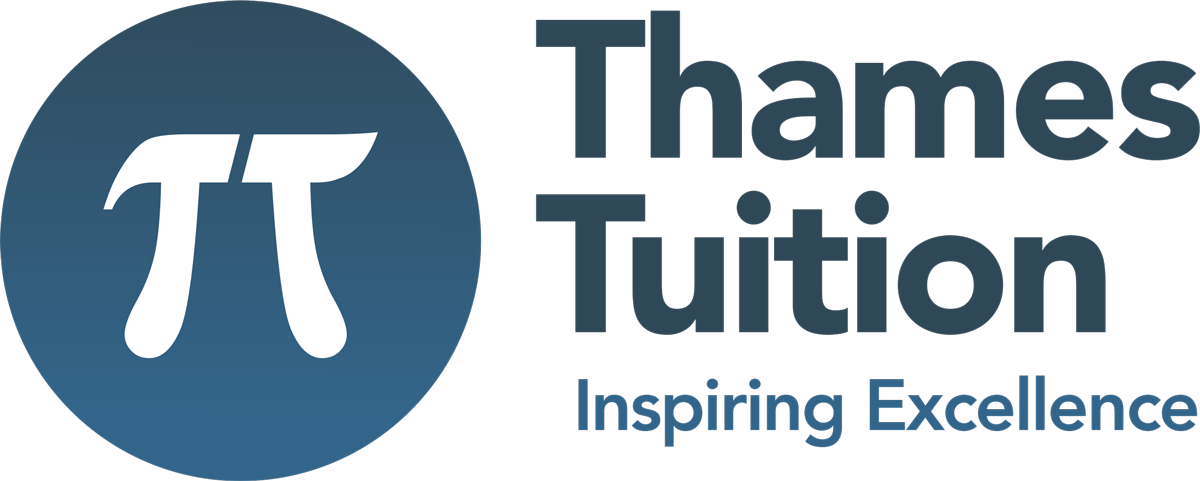Medicine is a highly competitive profession and receiving a university offer is a challenging process. It is crucial to be prepared and ensure you take the right steps to receive a place! Thames Tuition has a vast amount of experience helping students with their medicine applications and guiding them through the interview process towards successfully securing a university offer.
Here are our 5 top tips for getting into medical school…
-
Work hard at your A-Level subjects
During your medicine application it can be hard to stay on top of your studies because there are many other things to focus on, such as UCAT/ BMAT entrance exams, gaining work experience and writing your personal statement. However it is crucial to not let your grade slip. Ultimately the most important thing is to secure your A-Level grades to ensure you are eligible for the degree requirements (at least AAA at most universities).
-
Little and often is key!
Get some work experience arranged early on! Do not leave work experience until the last minute, it is not something that you can cram. Some good examples would include volunteering at a hospice or medical centre, shadowing at a local GP practice or even a few days at a hospital shadowing various clinicians. This list is not exhaustive and there are many other work experience opportunities that would enhance your medicine application! Think outside the box and try to think about the key qualities of a doctor. You want to choose the work experience that can help you to develop key skills that are transferable to a career in medicine. Don’t worry about getting a huge amount of hours – quality rather than quantity is important here!
-
Prepare early on for entrance exams
The UCAT and BMAT entrance exams are extremely challenging. Make sure that you allocate enough time to revise for these. These exams are very different to the exams that you will have previously covered in school and test skills such as verbal and non-verbal reasoning skills. Ensure that you practice (a lot!) and do plenty of mock exams. Useful resources include Medify (online) and ‘1250 UCAT questions’ revision book. Our tutors at Thames Tuition can also help you prepare and revise effectively for these exams.
-
Don’t leave your personal statement to the last minute!
Personal statement writing is a fine art, it is really important not to rush this. You want to give yourself enough time to develop your drafts over multiple weeks/ months. Make sure you also allow enough time for other people to read it – teachers at school, family and tutors at Thames Tuition. It is vital that you reflect on comments made to really make your personal statement perfect! Ensure each paragraph you write is purposeful and links to a key aspect of being of a doctor.
-
Know WHY you want to be a doctor
A huge part of being successful within your medicine application and future career is having a big enough drive to push through the challenges that will come your way. It is really important that you reflect on why you want to study medicine, including the characteristics that you think you share with those that make a good doctor. Once you have secured these ideas, your passion for medicine will shine through in every part of the process.
Good luck!

